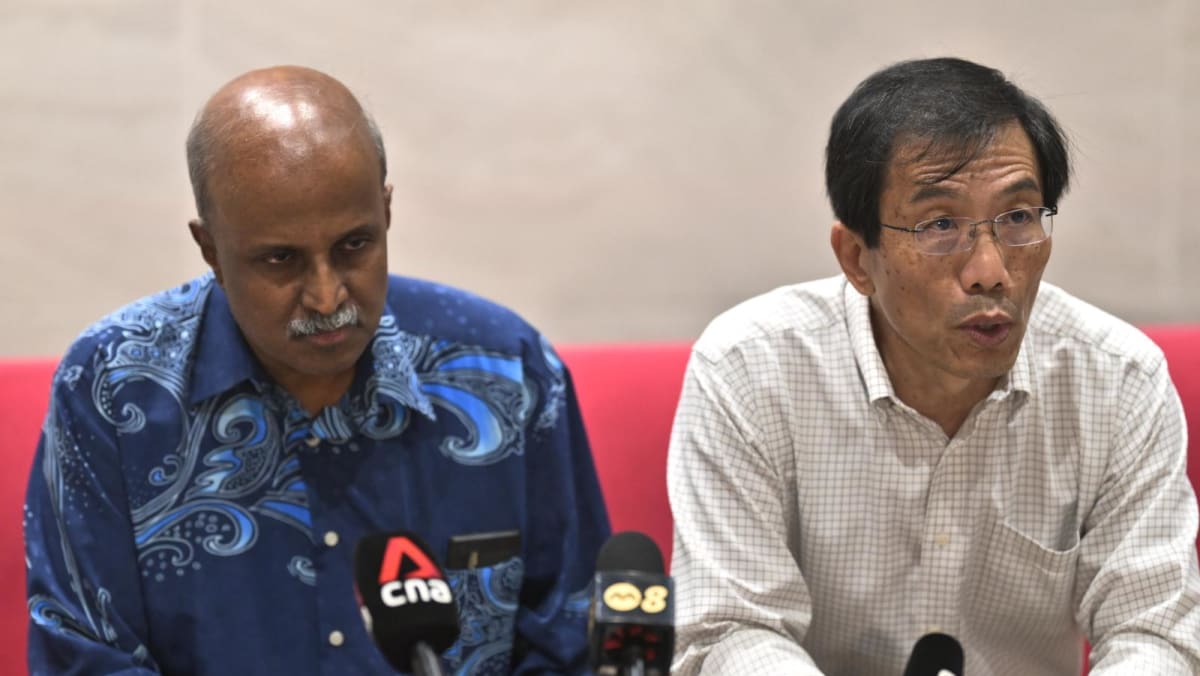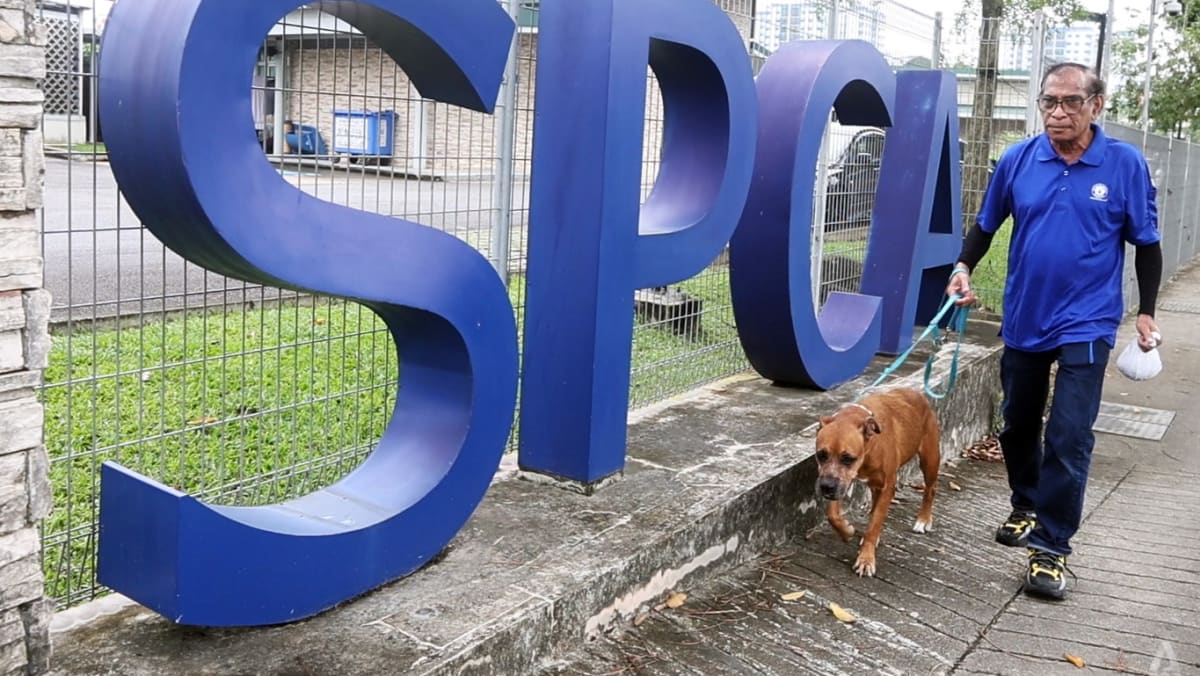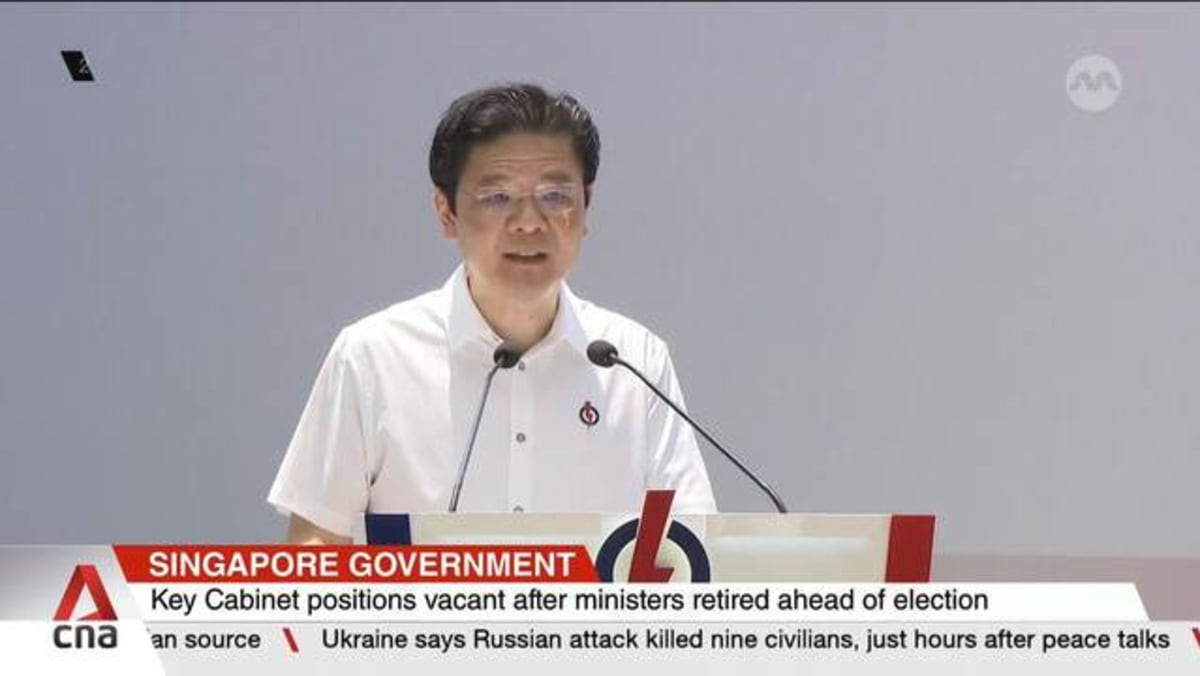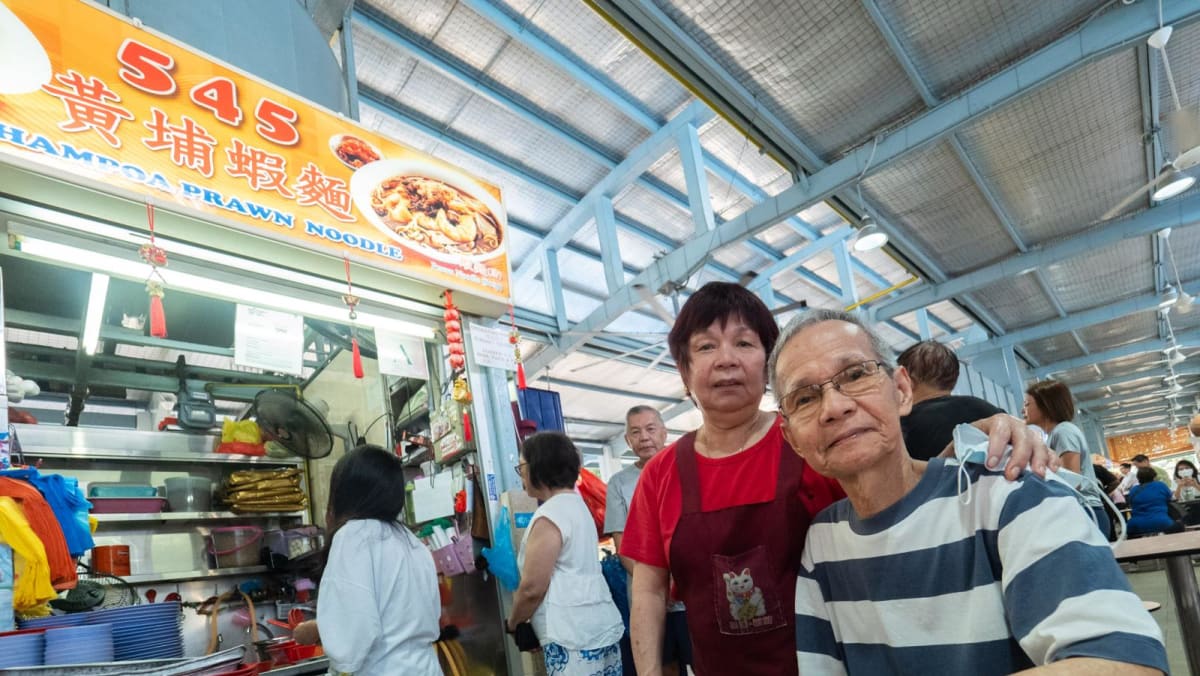SINGAPORE: A new regulation imposing a lock-in period on private-hire cars will help stabilise supply and level the playing field between ride-hailing and taxi fleets, transport analysts said.
The policy prevents businesses from converting vehicles out of the chauffeured private-hire car scheme for three years. The lock-in period applies to vehicles with Certificates of Entitlement (COEs) issued in the latest bidding exercise, which closed on Wednesday (Feb 19).
The new rule ensures a steady supply of vehicles for point-to-point (P2P) services, and businesses that acquire such cars do so predominately to lease them to ride-hailing drivers, the Land Transport Authority (LTA) said.
Between January 2022 and August 2024, about 1,500 cars a year were converted out of the chauffeured private-hire scheme within their first three years, the authority added.
PARITY BETWEEN PRIVATE-HIRE AND TAXI FLEETS
Analysts said the new policy means that car leasing firms now have to be “more measured” in their fleet expansion, as they cannot convert private-hire cars into rental use or sell them to individuals as and when they like.
Associate Professor Raymond Ong said the policy aims to bring stability to the P2P market.
“If a rental company or commercial private-hire car company buys private-hire cars, they are supposed to use it as a private-hire car,” said the deputy head of research and enterprise at the National University of Singapore’s Department of Civil and Environmental Engineering.
“They (should) not buy the car as a private-hire car and put it to other use … it would create instability to the P2P market supply, and the fares that consumers are paying.”
For instance, if demand for private car ownership rises, leasing firms might opt to sell private-hire cars for higher profits. The lock-in period eliminates such practices, fostering responsible buying behaviour by the firms, Assoc Prof Ong said.
Associate Professor Walter Theseira from the Singapore University of Social Sciences highlighted that the move aligns private-hire car regulations more closely with those of taxis.
Unlike taxis, where the number of vehicles is regulated and cannot be converted to private use, private-hire car numbers are not regulated and, before the move, were “freely convertible” at the company’s discretion.
This means private-hire cars have an “option value” to fleet owners that taxis do not, as they can be disposed of in the private market when prices are favourable.
“This move brings some parity to treatment, and also reduces the option value, which may discourage excessive investment in private-hire car fleets,” said Assoc Prof Theseira.












